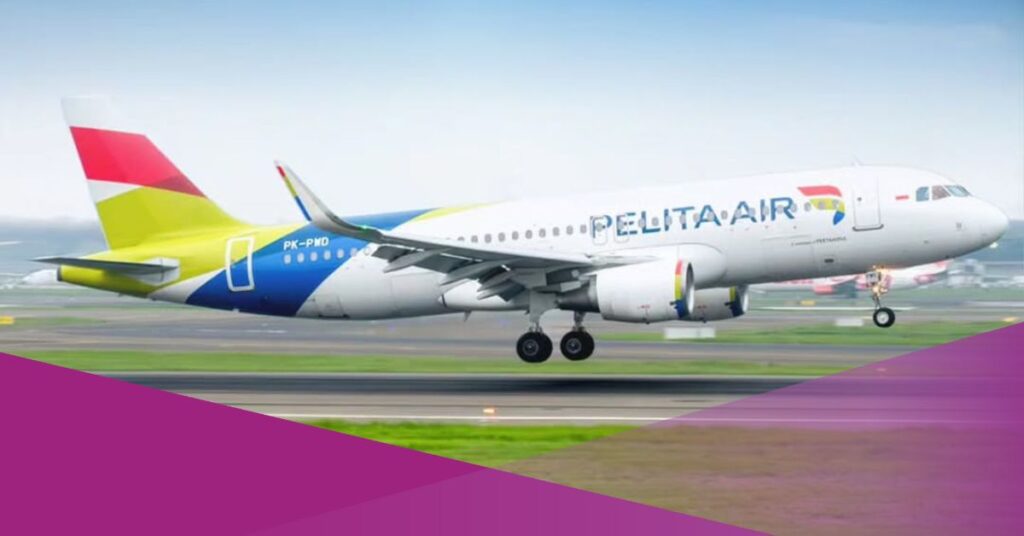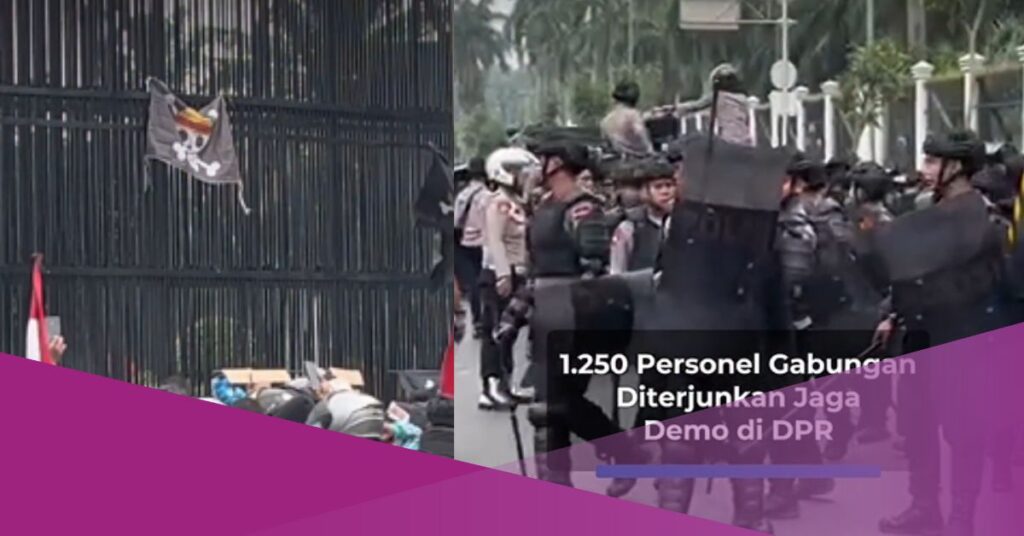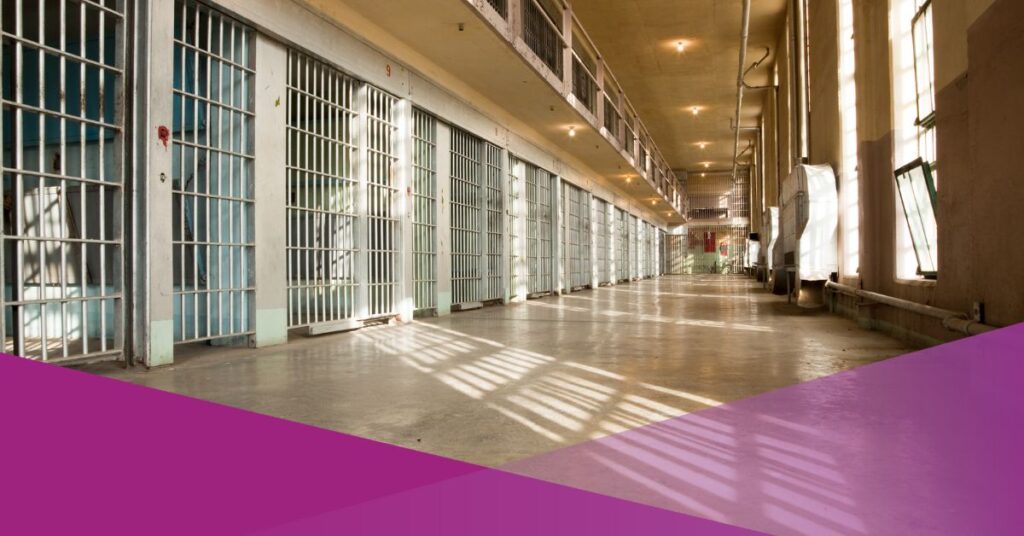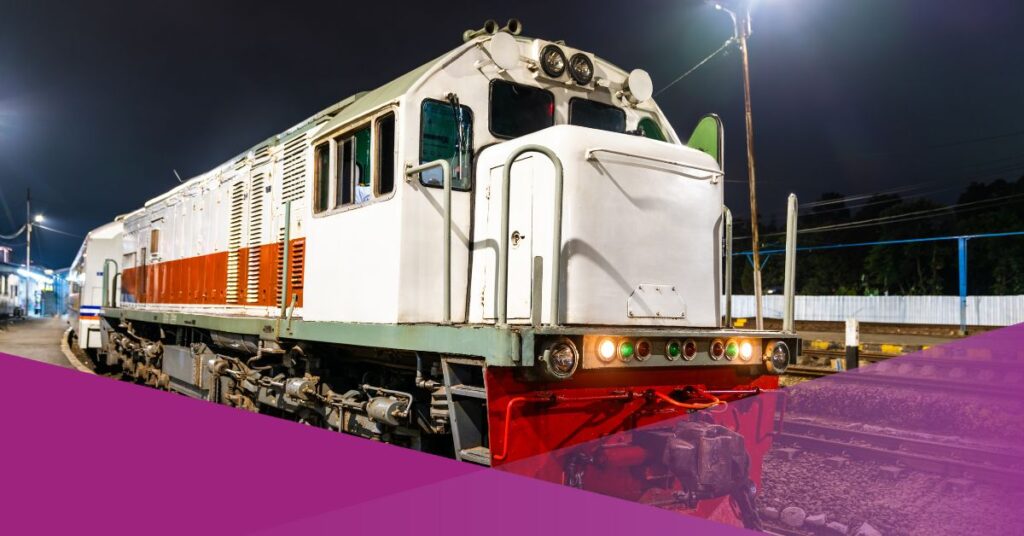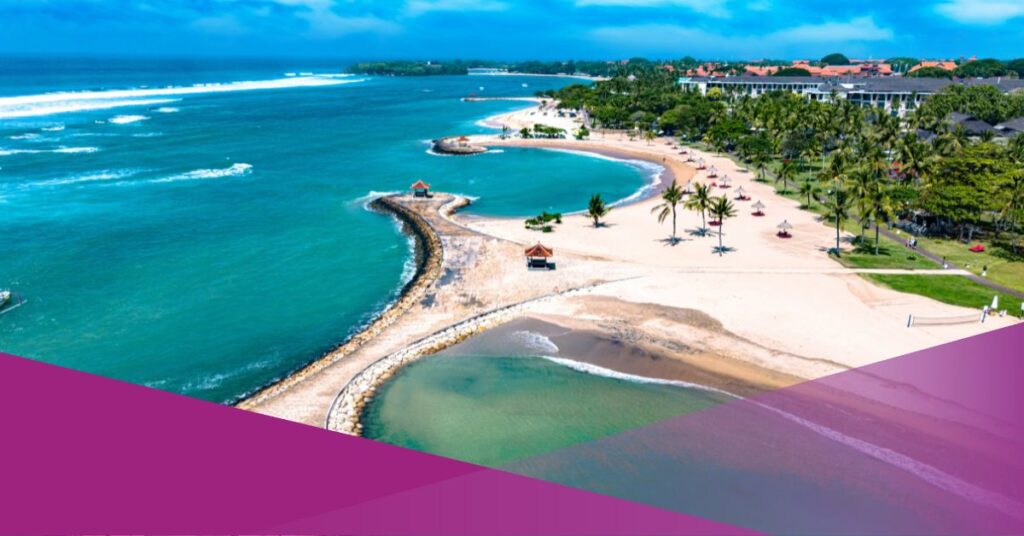Indonesia has officially begun using used cooking oil (UCO) as the basis for aircraft fuel, marking a significant milestone in the country’s push towards cleaner energy.
The initiative was launched with the maiden flight of Pelita Air on the Jakarta–Bali route, demonstrating the potential of Sustainable Aviation Fuel (SAF) to transform the aviation industry.
The programme is being developed by PT Pertamina (Persero) through its RU IV Cilacap Refinery. The SAF product is designed to reduce dependence on fossil fuels and to support Indonesia’s commitment to reducing emissions.
According to Pertamina, SAF derived from UCO can cut carbon emissions by up to 84% compared to conventional jet fuel, without compromising safety or performance.
Secretary General of the Ministry of Energy and Mineral Resources (ESDM), Dadan Kusdiana, who represented the Minister of ESDM during the launch, explained that the initiative is aligned with President Prabowo Subianto’s policy framework.
“This is the President’s programme, Asta Cita, which we must continue to implement. Energy security, and in this case, it’s not just about energy security but also self-sufficiency. So, self-reliance is also becoming stronger,” Dadan said in a written statement on Friday, 22 August 2025.
The government sees SAF as both a practical and strategic solution. Beyond environmental benefits, the use of SAF also represents a step towards greater energy independence, reducing reliance on imported fuels.
Pertamina has emphasised that its SAF innovation opens “concrete opportunities for the aviation industry to reduce its carbon footprint without compromising safety and performance standards”.
The maiden flight demonstrates Indonesia’s readiness to integrate SAF into commercial aviation and sets the groundwork for broader adoption across the sector.
Pelita Air Recognised for On-Time Performance
The use of SAF comes as Pelita Air, a subsidiary of Pertamina, continues to strengthen its reputation for reliable service. On Thursday, 21 August 2025, the airline received formal recognition from the Directorate General of Civil Aviation (DGCA) at the Ministry of Transportation.
Pelita Air was named the airline with the best On-Time Performance (OTP) throughout 2024.
The award was presented by the Director of Air Transport, Agustinus Budi Hartono, during a coordination meeting in Bogor, West Java. The DGCA noted that the recognition reflects Pelita Air’s ability to comply with regulations while consistently prioritising passenger service.
“This award serves as a reminder to us that every passenger’s time is very valuable,” Agustinus said.
“Punctuality is not just about meeting service indicators, but about respecting the journeys, plans, and important activities that our customers undertake every day.”
Pelita Air management also highlighted the importance of punctuality as part of a wider commitment to passenger satisfaction.
“We believe that meaningful flights are not only measured by departure and arrival punctuality, but also by the comfort and peace of mind passengers experience during their journey,” the airline noted. “Our hope is that every experience with Pelita Air can provide relevant added value for our customers.”
The achievement was described as the result of coordinated teamwork across all levels of the airline. Operational discipline, reliability, and cooperation between departments have been credited with ensuring that flights remain safe, comfortable, and on time.
Fadjar Djoko Santoso, Vice President of Corporate Communication at Pertamina, praised the airline’s success as a reflection of the group’s broader mission.
“As part of Pertamina, Pelita Air proves that consistency, discipline, and professionalism are the keys to gaining public trust,” he said. “This On-Time Performance award is not only a source of pride, but also motivation to continue providing reliable, safe, and punctual air transportation services.”
With its adoption of SAF and its recognition for punctuality, Pelita Air illustrates how innovation and service standards can combine to strengthen both environmental sustainability and passenger confidence in Indonesia’s aviation industry.
